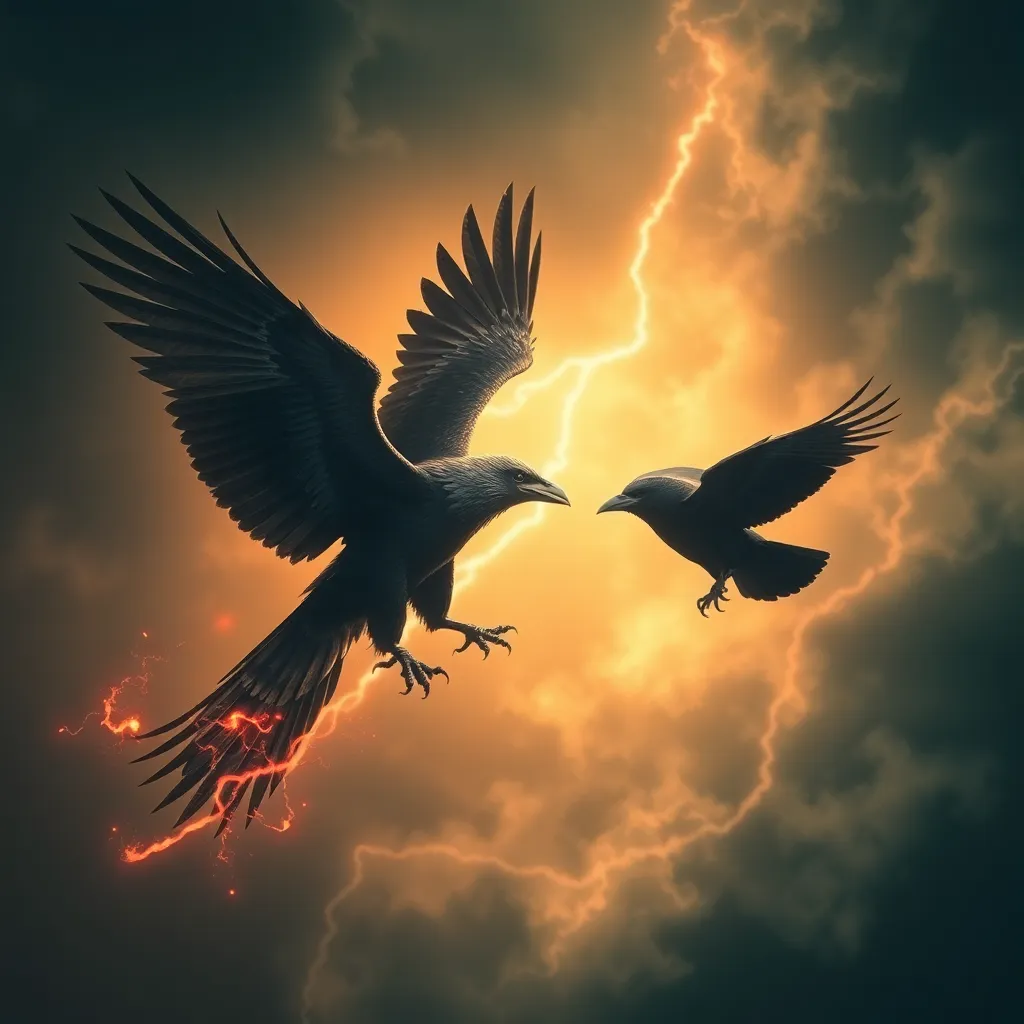The Myth of the God Shu in Egyptian Mythology
A significant figure in Egyptian mythology, the god Shu plays a crucial role in the ancient Egyptian pantheon. Let’s explore the myth surrounding this deity.
Who is Shu and What is His Significance?
Shu is the Egyptian god of the air and sunlight, often depicted as a man wearing an ostrich feather on his head. In Egyptian cosmology, Shu is seen as the personification of dry air and the atmosphere that separates the sky goddess, Nut, from the earth god, Geb. His role is crucial as he maintains this separation, allowing life to thrive on Earth.
The Family of Shu: Relationships in Egyptian Mythology
In Egyptian mythology, Shu is the father of Geb, the earth god, and Nut, the sky goddess. This family dynamic symbolizes the essential elements of the natural world – the earth, sky, and the life-sustaining air in between. Shu’s role as the intermediary between Geb and Nut emphasizes the balance and harmony required for life to exist.
Shu’s Symbolism and Representation in Art
Artistic representations of Shu often showcase him uplift-ing Nut, the sky goddess, with his arms to maintain the cosmic order. The imagery of Shu standing on Geb, separating the earth and the sky, embodies the vital role he plays in upholding the fundamental principles of the universe. His ostrich feather headdress symbolizes ma’at, the ancient Egyptian concept of truth, balance, and justice.
Exploring the mythology of the god Shu provides insights into the ancient Egyptian beliefs surrounding the elements essential for life on Earth.
FAQs about The Myth of the God Shu in Egyptian Mythology
Who is Shu in Egyptian mythology?
Shu is the ancient Egyptian god of air and sunlight, often depicted as a man wearing ostrich feathers. He is a primordial deity, known for separating the earth (Geb) from the sky (Nut) with his daughter Tefnut.
What is Shu’s role in Egyptian mythology?
Shu’s role is crucial as the god of air, providing a vital element for life. He supports the sky to prevent it from collapsing onto the earth, maintaining the balance and order in the world.
Is there a family connection between Shu and other deities?
Yes, in Egyptian mythology, Shu is the father of Nut, the sky goddess, and Geb, the earth god. He is also the grandfather of Osiris, Isis, Set, and Nephthys, among other important deities.
How is Shu typically depicted in Egyptian art?
Shu is often portrayed as a man wearing an ostrich feather on his head, symbolizing lightness and air. He is sometimes shown holding aloft Nut, the sky goddess, to maintain the separation from Geb, the earth god.
What does the myth of Shu symbolize in ancient Egyptian beliefs?
The myth of Sh



